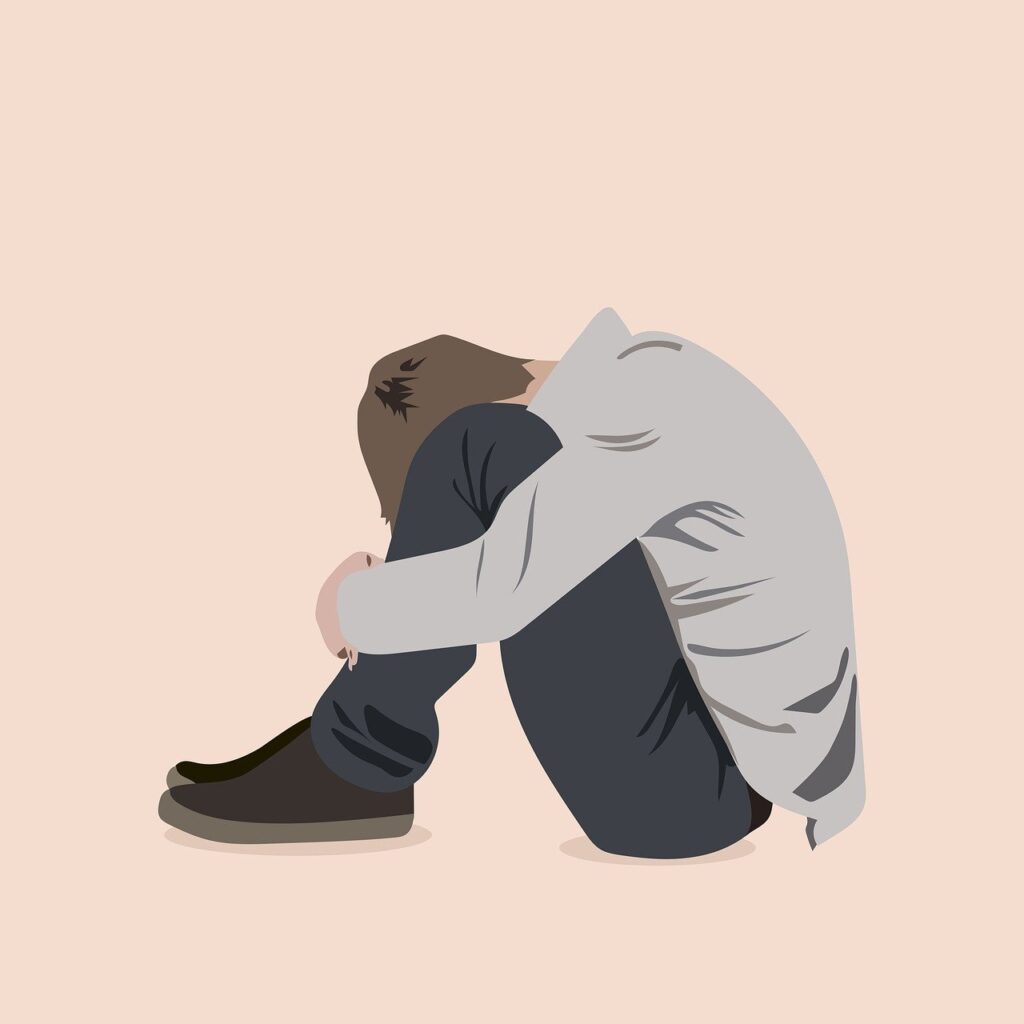Here’s what you should know…
According to the Substance Abuse and Mental Health Services Administration (SAMHSA), National Suicide Prevention Month is “a time to remember the lives lost to suicide, acknowledge the millions more who have experienced suicidal thoughts, and the many individuals families and communities that have been impacted by suicide. It’s also a time to raise awareness about suicide prevention and share messages of hope.”
Like so many discussions about mental illness, suicide is a topic that’s often stigmatized in society. Many people avoid mentioning it because they’re afraid of saying the wrong thing or they worry that it might put the idea into a loved one’s head. There is simply no research to support this. On the contrary, communication is critical. Whether you’re the parent of a teen and worried that he might be contemplating suicide, or you realize that a good friend is struggling with thoughts of ending his life, you should not let your fear of saying the wrong thing prevent you from saying anything at all. Asking someone about suicide does not make them more suicidal.
Here are a few things to keep in mind if you’re in this situation:
- Look for the warning signs. Most, but not all, people who contemplate suicide show symptoms. You may notice that they talk about death or start to get their affairs in order. They may also lose interest in everyday activities, express a sense of hopelessness about their life, and spend less time with loved ones and friends. Perhaps even more noticeable, their sleeping and eating habits may change, and they could be less concerned with their appearance.
Overall, don’t ignore changes in a person’s behavior or mood, including signs of frustration and anger. If someone you know suddenly stops attending a group or activity in which they were once an enthusiastic participant, it could be a red flag that they are struggling. Keep in mind that individuals with a serious mental illness or sexual and gender minority status are at increased risk.
- Speak up. If you notice any of the warning signs, it’s time to ask how they’re feeling. Be sure not to panic or jump to conclusions, keeping in mind that suicide is not always an emergency. Instead, express your concern in a calm manner and take the time to really listen. Be prepared to show empathy and support in a non-judgmental way. It makes no sense to try to persuade the individual that their situation is not as bad as it seems because this may only make them feel guilty, inept, and isolated. When someone is hurting, asking how they feel shows that you care how they feel.
- Make the proper connections. If you have reason to believe a person’s life is in immediate danger, contact emergency services or take them to the nearest emergency department. Keep in mind, however, that many people with suicidal thoughts never follow through on those thoughts. If you’re not sure how to assess the risk, just ask the person if they’re contemplating suicide, and find out if they have a plan. Anyone with a plan is at an increased risk for acting on it. If you determine that the risk is imminent, stay with the person until you can get help.
The 988 Suicide & Crisis Lifeline is an excellent resource with, among other things, steps to take if you believe someone is in immediate danger. The Lifeline offers free and confidential emotional support to people in suicide crisis or emotional distress 24 hours a day, seven days a week, throughout the United States. You can also access an abundance of helpful resources at Save.org, the Centers for Disease Control & Prevention (CDC), the National Alliance on Mental Illness (NAMI), and the National Institute of Mental Health (NIH), among others.
Image by Bianca Van Dijk from Pixabay
Dr. David Lowenstein is a Columbus, Ohio-based psychologist with more than 35 years of experience. He conducts individual, family, and group therapy sessions in his German Village office and also via telehealth. Dr. Lowenstein is also available for expert forensic testimony, and for educational workshops and presentations. He is frequently called upon as an expert source for print, radio, and broadcast media. Contact Dr. Lowenstein at Lowenstein & Associates, 691 South Fifth Street, Columbus, Ohio, 43206, or call 614.443.6155 or 614.444.0432.


